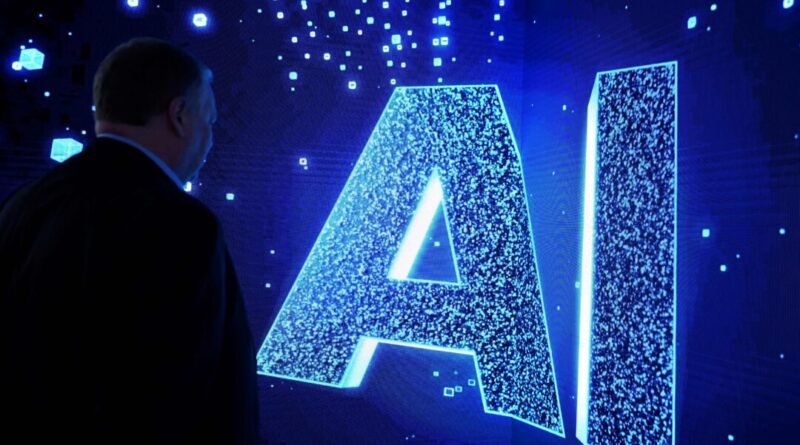Senate Hearing: Voice Actor Alleges AI is Impersonating His Work Without Consent
The union recounted stories of AI technology replicating creative talent.
Creative and media workers are worried about employers using AI to mimic their work and profit from their efforts, as a senate inquiry revealed.
During a hearing of the Senate Select Committee on Adopting Artificial Intelligence on July 16, representatives from the Media, Entertainment and Arts Alliance (MEAA) discussed the challenges faced by the creative industry.
Cooper Mortlock, a voice actor and MEAA member, shared his own experience where he claimed an employer utilized AI to recreate his voice for a project without his permission.
“I was working on a project for an animated series on YouTube, providing voice work for a character,” he explained.
“When we got to about episode 30 of the promised 52 episodes, the producer terminated the contract, stating we are discontinuing this series.”
“A year after the contract ended, they released another episode using AI copies of my voice and other actors’ voices.”
The employer did not seek permission from Mr. Mortlock or compensate him, leading the voice actor to seek help from the media union.
However, he was unable to demand the removal of the videos as he could not prove his voice was replicated by AI.
MEAA Campaigns Director Paul Davies highlighted another case where a journalist member was asked to provide her voice for an AI production process that would be used in various languages.
This allowed the publisher to reproduce her personality, diction, and presentation for a media product.
“AI is being used to generate profits for producers and platforms at the expense of the cultural workforce,” Mr. Davies stated.
Proposed Solutions for AI Creative Theft
To tackle creative theft, MEAA representative Matt Byrne mentioned that their organization was advocating for changes to industrial relations laws to ensure workers are consulted when AI tools are implemented in the workplace.
“Businesses choose to adopt tools that align with their goals systematically,” he explained.
“If they opt to do so, it should be mandated that they collaborate with employees on the ethical use of these tools.”
Mr. Byrne also suggested that content produced by AI should be labeled to indicate its origin.
“AI-generated content should have accountability from both the developers and the companies using these tools,” he emphasized.
Adobe director John Mackenney added that there should be legal recourse for artists if AI tools are misused to replicate their work for commercial purposes.
“Artists should have the means to take action against intentional misuse of AI tools for content creation,” he expressed.

MEAA Proposes ‘AI Tax’
Besides concerns about creative theft, MEAA expressed worries about creative and media workers being replaced by AI.
MEAA argued that workers lacked bargaining power and the introduction of AI could accelerate consolidation among major companies, hindering workers from benefiting from AI adoption.
The union proposed implementing an “AI tax” on businesses that substituted employees with digital tools.
During the inquiry, Mr. Davies noted that the income of the creative workforce was already low and AI advancements could exacerbate the situation.
“There needs to be a way to reclaim the benefits of AI productivity,” he stated.
“Where AI is used ethically and industrially acceptable, workers should have a share in those benefits.”
Expert’s View on AI-Enabling Creative Theft
Ian Oppermann, the former chief data scientist for the New South Wales government, described the issue as a significant legal challenge for the creative industry.
“New AI tools not only replicate performances but can generate additional material from recordings, mimicking performers’ styles without their direct involvement,” he explained.
“This challenges copyright and IP laws as it creates ‘new’ material without performer consent.”
Mr. Oppermann emphasized that AI adoption disadvantaged artists and required a reassessment of the value of creative acts and consent.
“Using someone else’s voice or performance without consent is a violation of personal information,” he highlighted.
“AI advancements call for recognition of creative acts and limitations on future uses without explicit consent.”
While challenges exist with AI in the creative field, Mr. Oppermann believed that banning the technology was not the solution as it could enhance productivity and address complex issues.
“The focus should be on recognizing the importance of the creative process and restricting future uses without consent,” he concluded.





